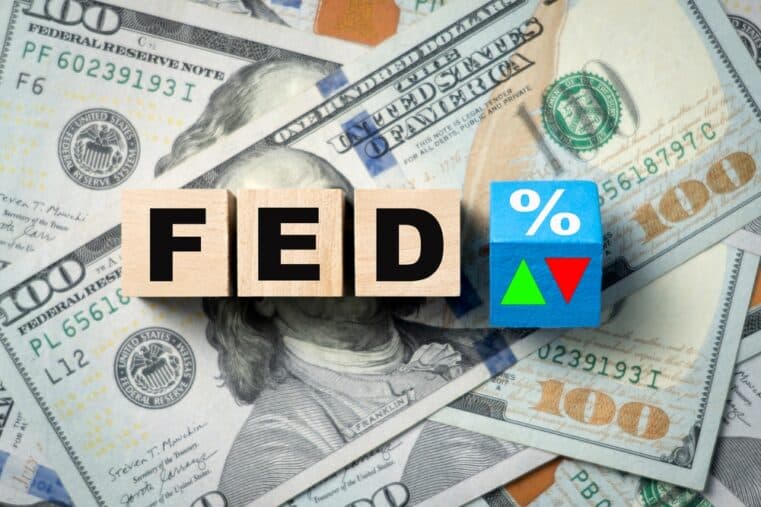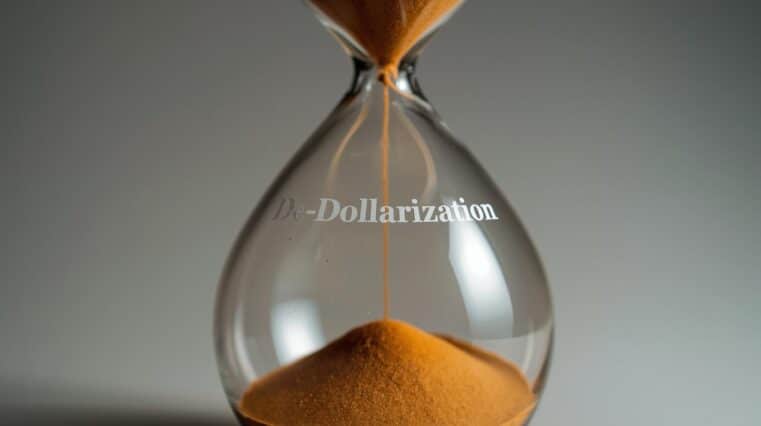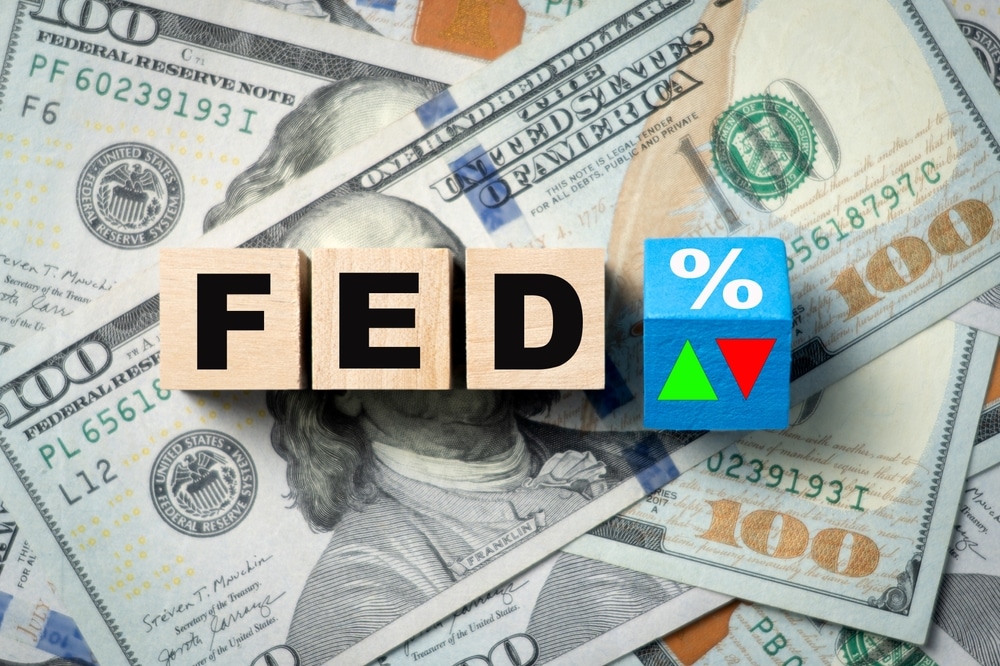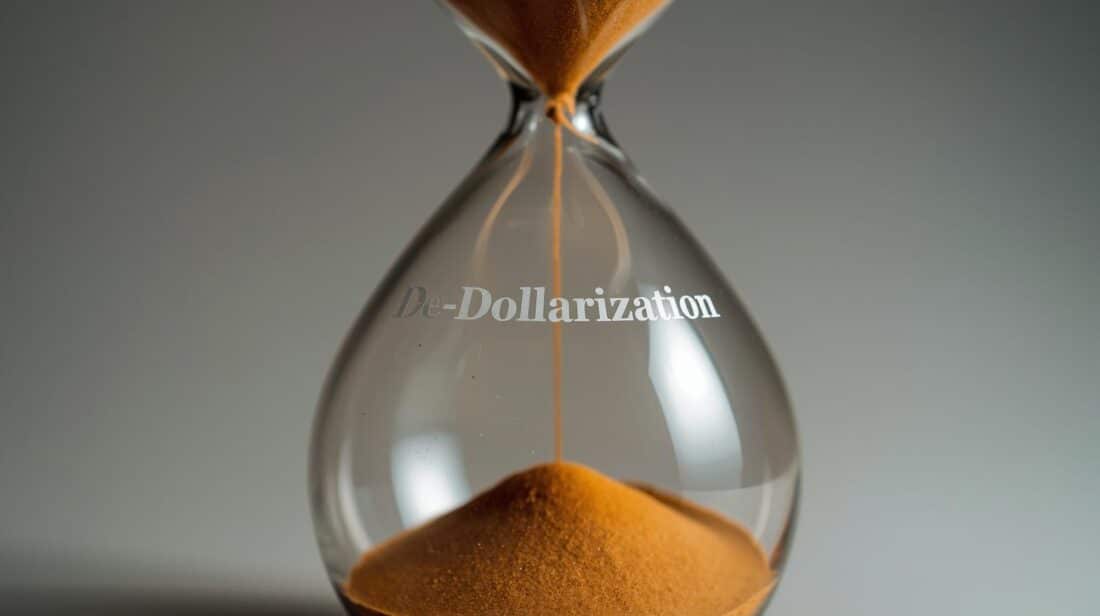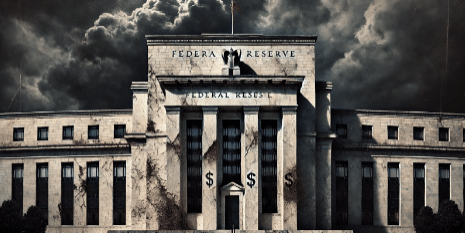
End the Fed: Musk, Ron Paul, and the Growing Call to Dismantle America’s Financial Puppet Master
In a move that’s electrified the financial world, Elon Musk has publicly thrown his weight behind a movement that the Federal Reserve likely never dreamed would gain traction. Musk, responding to Ron Paul’s call to “End the Fed,” echoed sentiments that have simmered for years among fiscal conservatives, constitutional purists, and every American who’s questioned how a private banking institution holds such untouchable power over the national economy. But this moment in October 2024 isn’t just about Musk or Paul’s tweet—it’s about a deep-rooted skepticism of the Federal Reserve, an institution that has operated with near-absolute autonomy for over a century. If you’re tuned in, you know this isn’t the first time the Fed has been in the crosshairs of public scrutiny. But as calls for its abolition gain renewed vigor, it's time to revisit why this institution might be closer to collapse than it wants us to believe.
A Century of Control: How the Fed Became Untouchable
The Federal Reserve was born in 1913, ostensibly as a safeguard against economic crises and banking panics. At the time, many were told this “lender of last resort” would protect American financial stability. But while the Fed was crafted to prevent catastrophes, it’s presided over its fair share of economic disasters—from the Great Depression to the 2008 financial meltdown.
Time and again, the Fed has wielded monetary policy as its hammer, hitting the nails of interest rates and quantitative easing. And yet, despite a century of supposed stewardship, Americans are shouldering nearly $34 trillion in federal debt. For fiscal conservatives, Musk’s call to end the Fed resonates as a means to shake off these economic shackles—an idea rooted in the simple, yet radical, notion of eliminating an entity that feeds off debt.
Musk and Paul: New Faces in an Old Fight
Elon Musk’s recent comments didn’t arise in a vacuum. He’s been openly critical of the Fed’s decisions for years, posting memes and calling out its “excessive influence.” But when Ron Paul entered the scene—long a thorn in the side of big government and a fierce opponent of the Fed—things took a new twist. Paul’s proposal for Musk to slash $2 trillion from the federal budget, targeting behemoths like the military-industrial and pharmaceutical-industrial complexes, hit home with Musk.
As of today, Americans lose billions in interest to a private institution that effectively controls the issuance of their currency. For those who share Musk’s disdain, this arrangement is akin to surrendering sovereignty to a money machine—a foreign body embedded within the U.S. government, yet somehow, immune from democratic oversight.
Breaking Free: What Ending the Fed Could Mean
The idea of abolishing the Fed is more than a libertarian rallying cry; it’s an existential challenge to an institution that is, at best, opaque, and, at worst, accountable to no one. Were the Fed dismantled, the United States could, theoretically, regain control over its own currency—free from the endless cycle of borrowing from a privately-run entity that charges taxpayers for the privilege of printing their money.
Critics argue that scrapping the Fed would destabilize global markets and disrupt economies reliant on the dollar. But with the dollar under unprecedented strain, critics seem to overlook a deeper truth: the Fed’s policies have made the dollar less stable, pushing inflation and leaving the U.S. vulnerable to crises of its own making. Ending the Fed wouldn’t simply liberate the American economy; it could help restore a financial system bound by accountability, rather than obscure transactions dictated by a handful of Fed officials.
A Historical Perspective: America’s Repeated Battles Against Central Banks
The debate over central banking isn’t new. America’s Founding Fathers grappled with it early on, with Thomas Jefferson leading the charge against Alexander Hamilton’s First Bank of the United States. Jefferson feared that central banks would consolidate power and usurp the democratic process, calling them “more dangerous than standing armies.”
Andrew Jackson, another staunch opponent of centralized banking, vetoed the recharter of the Second Bank of the United States, viewing it as an elitist institution that served only the powerful. His aggressive stance led to what he called “the Bank War,” a term that could just as well apply to today’s conflict over the Federal Reserve.
But in 1913, after years of resistance, the Fed took root. This time, under the guise of a “reserve system,” it promised safety and stability. In practice, however, the Fed’s policies have left a trail of inflation spikes, asset bubbles, and bailouts. Its critics, from Jefferson to Musk, have long warned that a central bank’s power isn’t inherently stabilizing—it’s inherently corrupting.
The Counterargument: Can We Afford a World Without the Fed?
Fed proponents will argue that the institution provides stability and that, without it, the dollar would suffer on the world stage. But look closer, and you’ll find that this stability is an illusion, funded by trillions in debt and propped up by a perpetual cycle of borrowing. The Fed’s defenders—banking elites, government officials, and corporate CEOs—cling to it for one reason: it safeguards a system that benefits them. They may argue that without the Fed, inflation and recession would be rampant. Yet these conditions have been rampant, precisely because of its flawed policies.
Then there’s the Fed’s track record: it operates largely behind closed doors, and with every major financial crisis, it seems to be on the wrong side of economic stability. From fueling the subprime mortgage crisis to enabling a gargantuan stock market bubble through near-zero interest rates, the Fed’s missteps are as consistent as they are costly.
What’s Next? The Road to Accountability
If Trump returns to office, placing Musk at the helm of a new Department of Government Efficiency, the anti-Fed movement could gain a powerful new platform. It’s not just about eliminating the Fed; it’s about challenging a financial system that is, by design, unaccountable to the very people it affects. Dismantling the Fed would mean putting an end to the wealth concentration it perpetuates, returning fiscal power to a system beholden to the people, not Wall Street and Washington insiders.
The fight to abolish the Fed isn’t just a fringe libertarian fantasy. It’s a call to dismantle a financial aristocracy. Musk’s words, “Needs to be done,” resonate far beyond social media—they resonate with anyone who has watched their wages stagnate, their debt rise, and their savings erode under an inflationary system designed to serve a privileged few.
Musk and Paul’s rallying cry is a wake-up call. The time to debate is over; the time to dismantle, rebuild, and reclaim American financial sovereignty is now.


